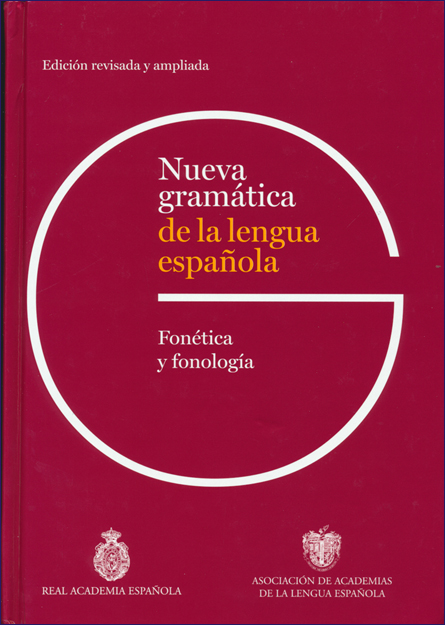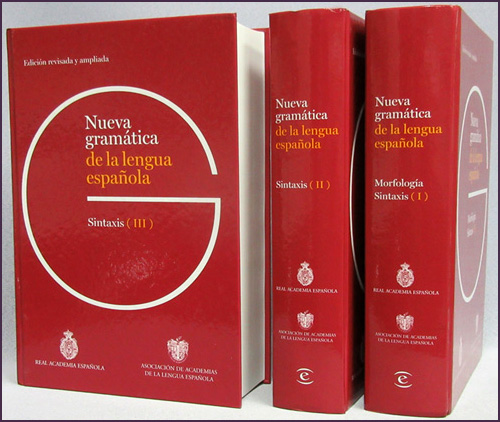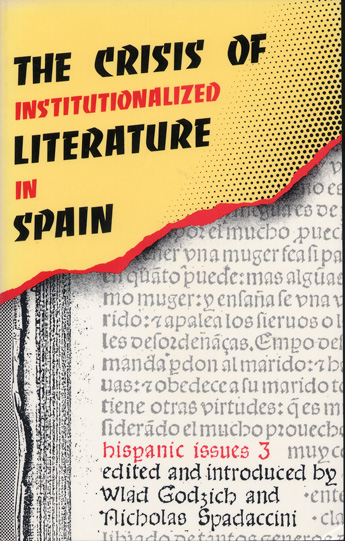The Crisis of Institutionalized Literature in Spain ∥ Spadaccini, Nicholas(ed.)
-----------------------------------
ISBN13: 9780910235303
-----------------------------------
サイズ: 13.5 x 21.5 x 2.6 cm
-----------------------------------
頁 数: 374 pgs.
-----------------------------------
装 丁: paper cover
-----------------------------------
出版社: The Prisma Institute
-----------------------------------
発行年: 1988
-----------------------------------
発行地: Minneapolis
-----------------------------------
双書名: Hispanic Issues, 3
-----------------------------------
書籍状態: 背表紙の軽度な変色
追加情報: ※ 詳細PDFリンク
Description:
ln matters of literature, periodization is always a perilous though unavoidable undertaking. Upon the numbing diversity of literary artefacts it seeks to impose the implacable orderliness of sequentiaI temporality, thereby reducing the overwheIming mass of literary output to an apprehensíble set of constructs. As the basic instrument of literary history, periodization has functioned as the princíple of a mode of subordinating and assembling that has gone far beyond the confines of scholarly speculations or even the much broader reach of textbooks, to structure general knowledge, or more precísely doxa (non-specifie opinion), about literature in our societies, as weIl as to provide the articulating mechanism for the internal organization of departments of literary studies in our universities.
Its very power in aIl of thèse realms has raised a series of concerns, ranging from a questioning of the subdivisions it effects to outright rejection. The strongest of the critiques is the one that has issued from within the Russian Formalist school which argued correctly that the prevailing mode of periodization was not grounded in literature but sought to impose upon it temporal sequences derived from other considerations, príncípally those of political, or at best, social, history. For the Formalists, such a mode of periodization rests upon the unfounded a priori assumption of causal links of determination between the social sphere and literature. They argued initially for the autonomy of the diverse spheres of human activity, including literature, each possessing its distinctive history, with relations of asynchronicity between the different spheres that would not readily admit reduction to easy or even mechanistic forms of causal determination.
TABLE OF CONTENTS
Introduction
Wlad Godzich and Nicholas Spadaccini: The Course of Literature in Nineteenth-Century Spain...9
Chapter 1
Michael Nerlich: The Crisis of a Literary Institution Seen from Within (On a Parallel Reception of Voltaire and Chateaubriand in Spain)...35
Chapter 2
Jenaro Talens: The Collapse of Literature as Institutionalized Discourse:Espronceda’s El diablo mundo...67
Chapter 3
Luiz Costa Lima: The Space of Fiction and Reception of Don Quijote in Nineteenth-Century Spain...99
Chapter 4
Gwendolyn Barnes: The Power of the Word: Religious Oratory in Nineteenth-Century Spain...123
Chapter 5
Domingo Ynduráin: Galdós and the Generation of 1898...149
Chapter 6
Antonio Ramos-Gascón: Spanish Literature as a Historiographic Invention: The Case of the Generation of 1898 .......167
Chapter 7
José-Carlos Mainer: 1900-1910: New Literature, New Publics...195
Chapter 8
Vicente Cacho Viu: Catalonian Modernism and Cultural Nationalism...229
Chapter 9
René Jara: Literature and the Birth of a Nation: The Case of Chile...251
Chapter 10
Iris Zavala: Lyric Poetry at the Turn of the Century: Rubén Darío and the Sign of the Swan...279
APPENDIX:
Nancy J. Membrez: The Mass Production of Theater in Nineteenth-Century Madrid...309
Contributors...357
INDEX...361
-

RAE(スペイン王立アカデミー)とASALE(スペイン語アカデミー協会)が共同編集した改定新版「アカデミア最新スペイン語文法」シリーズ(既刊3巻)。2025年10月に刊行された本書は、その第4巻(最終巻)です。 2011年版の 555頁から 新版は 700頁余と大幅に改訂増補 !!
※ スペイン語の音声を体系的に理解するための資料として、研究者、教育関係者、上級学習者に不可欠であり、大学図書館・研究室にも必須の一冊です。
※ 大幅な改訂と更新: 旧版以降に進んだ最新の研究成果、特に言語の「バリエーション」に関する知見を全面的に反映。技術の進歩を活用し、内容の理解を助けるための工夫が凝らされています。
※ 具体的な革新点: 知覚音声学への配慮、第1章の全面的な書き直し、イントネーションを扱う第10章の大幅な改訂、QRコードによる発音サンプルの導入、補足的な参考文献の追加など。- Nueva gramática de la lengua española: Fonética y fonologia ∥ R.A.E.
- ¥16,500
-

※ スペイン王立アカデミーとASALE(スペイン語アカデミー協会)が共同編纂した、スペイン語の語彙の歴史を包括的に記録する辞書。語源・形態・意味の変化を詳細に解説しています。
※ DHLE(スペイン語歴史辞典)プロジェクトは現代のデジタル技術と国際的な共同作業体制を駆使して進行中の画期的な取り組み。
※ 10巻本・合計2万ページ超となる今回の紙書籍版(印刷版)は本プロジェクトの記念碑的な出版物。図書館・研究室の重要資料として長期保存の価値が高い文献になります。今後の更新はデジタル版に移行する見込みで、今回の書籍版は将来入手困難になることが予想されます。
※ 全10巻のうち、第1~3巻は現在では入手困難な1960年~1996年版(a-apasanca、b-bajoca)の復刻版です。過去の貴重な学術的成果であり、一次史料としての価値が高いものです。
※ 第4~10巻は2005年以降に進められたデジタル版DHLEから代表的な項目を抜粋して構成。
収録内容はスペイン語語彙史研究の最新成果を反映し厳選されています。- Diccionario histórico de la lengua española. in 10 vols. ∥ R.A.E. ※ 年度末セール特価 ※ 在庫品先着一名様限り 即納可!
- ¥186,120
-

好評発売中!!
第2版 増補改訂版3巻本 「アカデミア最新スペイン語文法」。2009年に2巻本として出版されてから16年、さらに広く深く、スペイン語圏全体のスペイン語を総合的に扱うスペイン語文法書の決定版です!
本書はスペイン王立アカデミー(RAE)とASALE が共同で編纂した最新のスペイン語文法を、より精緻に再構成した改訂増補版であり、形態論から統語論に至るまで、スペイン語の構造を体系的かつ包括的に示す研究書です。従来版よりも内容説明が充実し、分析の明確化、現象の地理的・社会的分布に関する情報の拡充、さらに学習者・研究者双方に配慮した丁寧な解説が加えられています。全3巻・約5000頁に及ぶ大部の構成は、汎ヒスパニック的視点を重視し、スペイン語圏全体の多様性を踏まえた記述を特徴としています。記述文法と規範文法の両面を兼ね備え、学術研究・高度教育機関において必携の基礎資料となる一冊です。- Nueva gramática de la lengua española - Edicion revisada y ampliada in 3 vols. ∥ Real Academia Española
- ¥48,400

